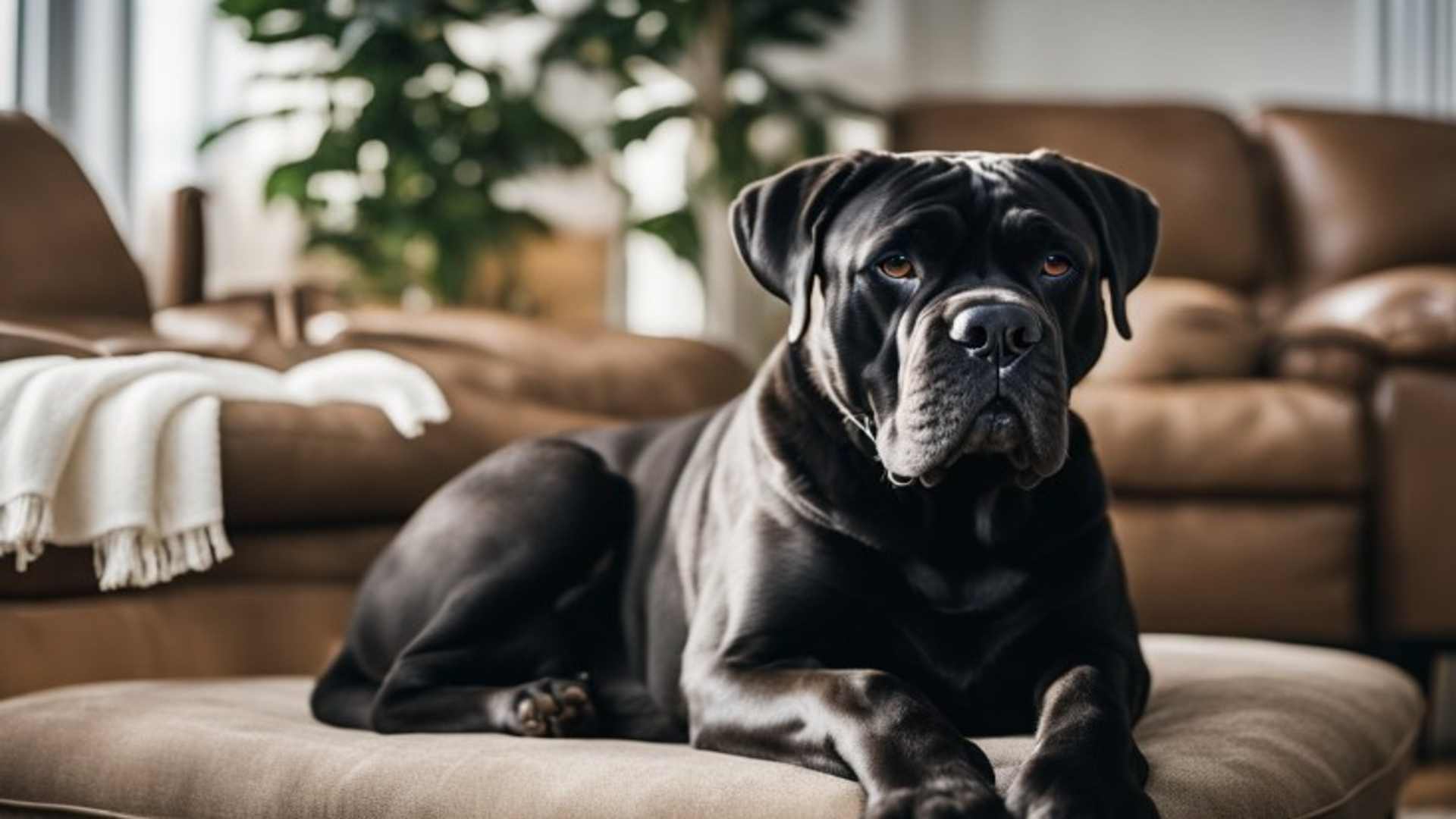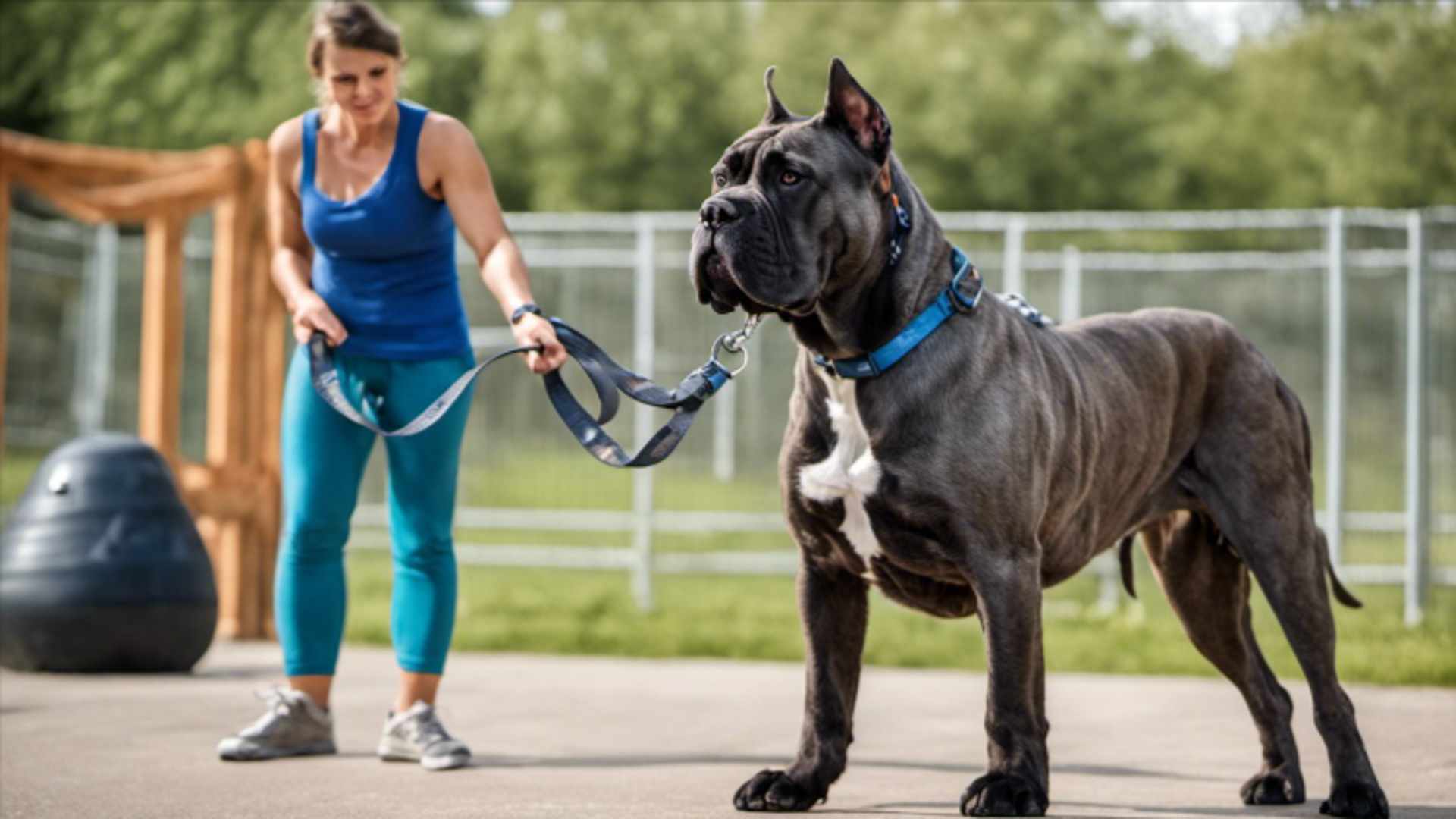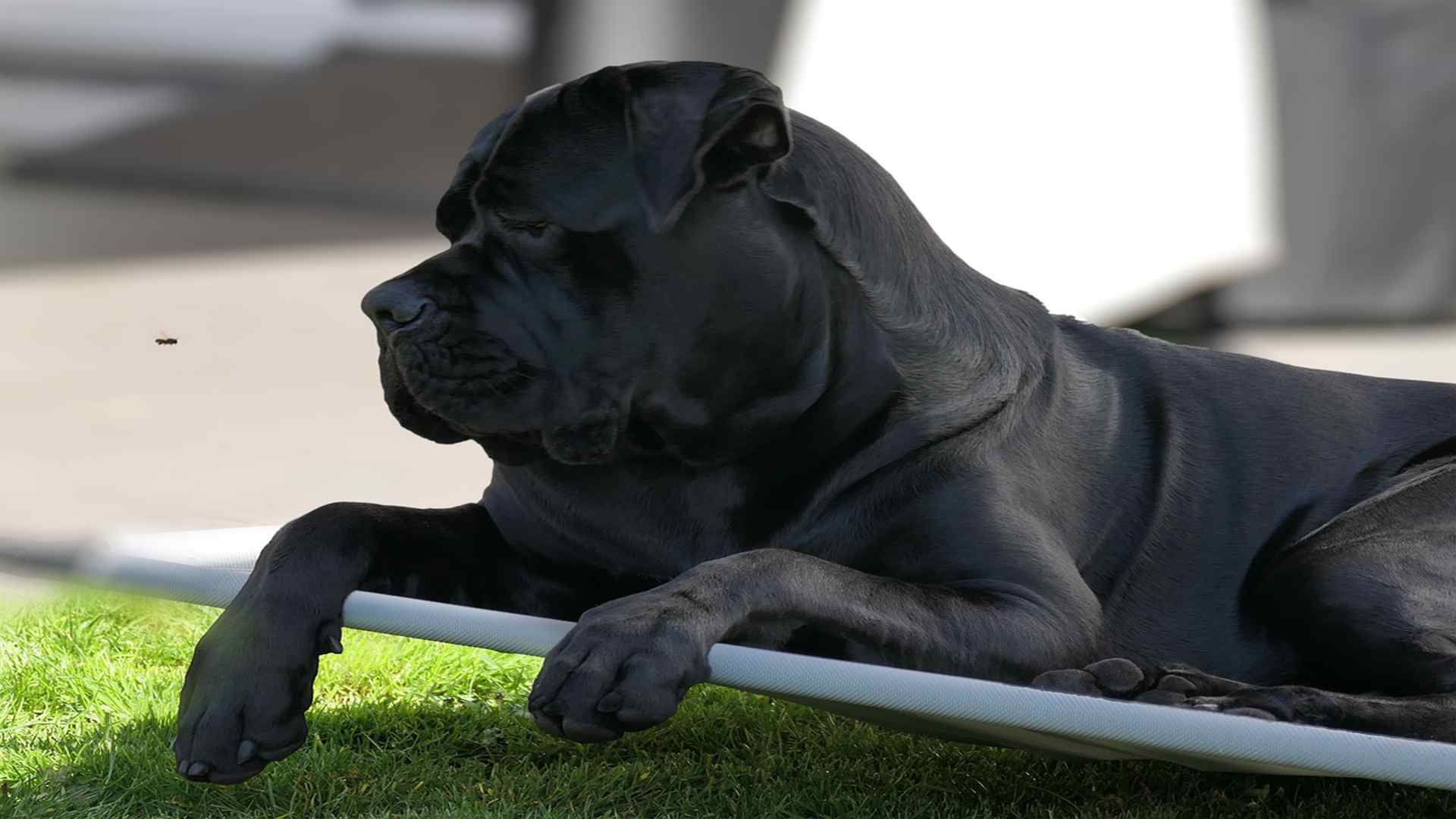Are you ready to adopt a big dog? Whether you’re adopting a dog for the first time or you’ve had dogs before, there are some things you need to consider when buying your first pup.
Adopting and raising a big dog is a big responsibility. There are many different breeds of dogs that grow
significantly in size. While the big size has its advantages and benefits, it is also important to consider the challenges.
In this article, we’ll talk about several factors to take into account when adopting a big breed of dog.
Let’s get started!
Be ready to spend a lot of money and think outside the box
The first cost you’ll encounter when adopting a big dog is the adoption fee. Adoption fees for large dogs are often higher than those for small dogs, so be prepared to spend a little extra.
In addition to the adoption fee, you’ll also need to factor in the cost of food. Large dogs eat a lot, so you’ll need to budget for quality food that will keep your dog happy. You may also need to buy bigger bags of food or make more frequent trips to the pet store.
You’ll also need to have a plan for exercise. Big dogs need a lot of exercise, so you’ll need to make sure you have the time and energy to take them for walks or runs on a regular basis. If you live in an apartment or don’t have a lot of space, you’ll need to get creative with your exercise routine.
Categorizing big dogs
Dogs are generally considered big if they weigh over 80 pounds. Some large dogs, like the Anatolian Shepherd, can weigh up to 150 pounds.
Big dogs are easily recognizable due to their large stature. Their size makes them appear formidable, however, most breeds of large dogs are extremely friendly and lovable.
The Great Dane, the Cane Corso, the Great Pyrenees, and the Bernese Mountain Dogs are all big. If you want to adopt a big dog, any of these breeds is a good option.
Pros of adopting a big dog
In the realm of owning a pet, size does matter. Here are some advantages of adopting a big dog:
Big dogs are very capable
The size is not just for show. Big dogs are hard workers. Their size and strength make them very useful. They can help move things around or be trained to hunt.
Their huge size makes them perfect for acting as guards. Having a big dog scares away predators or unwanted guests. It is especially useful if you live in an open area where animals like coyotes and foxes roam.
They are cuddly
Despite their appearance, big dogs are usually very friendly. They are lovable, and their large size makes them a joy to cuddle with.
If you have a big dog with thick fur, you have a cozy buddy to cuddle with in the winter. You cannot cuddle as well with smaller dogs for fear of hurting them. Big dogs, on the other hand, are strong.
They are intelligent and less emotionally unstable
Big dogs are intelligent. They learn quickly. Since they do not have insecurities due to their size, as many small dogs do, they tend to be more emotionally in control. They bark less, unlike small dogs, who frequently bark to assert their dominance.
Big dogs can defend themselves
Big dogs are good at protecting you and your home, but they can also hold their own in a fight.
Big dogs do not make good targets for bullying as their size gives them a huge advantage. As an owner, you do not need to worry if your dog goes outside alone. This makes them much more independent.
The cons of adopting a big dog
It is not all rainbows and sunshine. Owning a big dog is a big responsibility. Here are some challenges of owning a big dog:
The cost
Big dogs naturally cost more. Their dietary needs are much greater as they require more food to keep their bodies fed.
Even the cost of going to the doctor is higher for big dogs. Controlling and treating a bigger animal is much more difficult.
Big dogs need a lot of space
Their size makes it necessary that they have space to move around and be comfortable. Big dogs are simply not suitable for living inside small houses, especially apartments with limited living space.
Big dogs need open space to move around otherwise, they would feel cramped. Having a big dog in a small space is a recipe for disaster, which might lead to accidents. You should not get a big dog if you do not have a large space.
Big dogs are intimidating
While their ability to act as guards is important, their size can be scary. Strangers, in particular, can get scared of your dog no matter how friendly they may be.
They are not travel-friendly
Small dogs can easily travel in any kind of motor vehicle due to their compact size. A big dog, on the other hand, finds it hard to even fit inside a car.
It is a challenge to travel with your big dog since they require a lot of space.
Big dog, big mess
Everything for big dogs is bigger. Even the mess that they make. Their poop is bigger, so you need to be prepared to clean major messes.
It also takes a much longer time to bathe and brush them. Grooming them is also a challenge as it takes a long time to get their hair trimmed and their nails clipped. Here are some of the best dog thinning shears that can make the job a whole lot easier.
Things to consider when adopting a big dog
Big dogs have their advantages and disadvantages. Your choice depends upon your ability to raise the dog. It is, for example, unrealistic to think you can adopt a big dog and raise it successfully in a two-bedroom apartment.
Big dogs need space and a different kind of care than small dogs. Even though they become
independent more quickly, big dogs need to be trained immediately.
Their big size can hamper their mobility and increases the chances of accidents. It also compounds issues if they behave badly. A small dog misbehaving is not as destructive as a big dog. This is why big dogs must be trained quickly to prevent any issues.
Big dogs are also more prone to certain types of conditions than small dogs. Big dogs frequently experience health problems like hip dysplasia, arthritis, digestive problems, and hypothyroidism.
Big dogs are prone to these conditions. These genetic predispositions can only be managed through monitoring and regular health checkups. Despite all the measures, big dogs have a much shorter lifespan than smaller dogs. Big dogs have an average lifespan of 8 to10 years.
Big dogs equal big love
Big dogs are a joy to have around. They may not live as long as some other breeds of dogs, yet they remain popular among dog owners.
Big dogs have a calm temperament and quiet demeanor. They are caring and affectionate. Their ability to learn quickly and their physical capabilities make them excellent companions.
Your big dog may cost you more, but their love and support are invaluable.
The Space You Have
It might seem like an exciting prospect if you consider getting a dog. But there are many things to consider before making such a decision. Here are some tips to help you choose wisely.
1. How much room do you have?
You don’t want to buy a house with a tiny yard because you’ll never see your dog outside. And you certainly don’t want to live in a cramped studio apartment where your dog won’t even fit inside. Before looking at apartments, figure out how much space you need. If you’re planning to move soon, ask your landlord about what size space he requires.
2. What amenities does your neighborhood offer?
Do you have access to parks and trails? Are there sidewalks nearby? Does your area have good schools? These factors all determine whether you’d enjoy living in a particular neighborhood.
3. What are your needs?
How old is your current pet? Do you have allergies? Do you work long hours? All of these questions factor into what type of lifestyle you want to lead.
What about returns, you ask?
Adoption is one of the most important things you do for your dog. You could spend thousands of dollars on training and boarding, but it won’t matter unless you find the perfect home for him. If he ends up being returned to the shelter, you might lose out on another chance to adopt.
You don’t want to make the same mistake twice. Here are some tips to help you avoid making mistakes during the adoption process.
1. Make Sure Your Dog Is Healthy
Before adopting a pet, check his health records. This includes vaccinations, heartworm tests, fecal exams, and dental care. Ask your veterinarian for recommendations for reputable breeders and shelters.
2. Do Some Research Before Adopting
Research breeds, personalities and behavior traits. Check online forums and social media sites like Facebook and Instagram to see how others describe their dogs. Read reviews of local animal shelters and rescues.
3. Get References
If possible, get references from people who already own that breed. Don’t just take someone’s word for it.
Conclusion
The best way to start thinking about adopting a big dog is to consider what you can do to make it easier for you and your family. You might want to ask yourself some questions about how much time you have to devote to caring for a pet.
Do you live alone? How many people does your home hold? Is there room for a dog in your household? If you don’t have enough space, maybe you could look into living somewhere where there is more room.
You’ll also want to know whether you’re willing to commit to taking care of a dog every day. Some breeds take longer to train than others, and you’ll probably want to find a reputable trainer who specializes in working with puppies and young dogs.
You’ll also want to think about whether you’d like to keep your dog indoors or outdoors. Dogs that spend most of their lives inside tend to be less active and healthier than those that spend time outside.
Want to learn more about dogs?
Ready to boost your knowledge about dogs to the next level? Check out the articles below:
- What Were Border Collies Bred For? (Answered)
- What Were American Staffordshire Terriers Bred For? (Explained)
- What Pugs Used To Look Like? (Must know Facts)
This article was published on newpetsowner.com. If this content appears anywhere else, it has been stolen without permission from newpetsowner.com.





